Few movie critics are more respected than Gene Siskel and Roger Ebert. Originally working for separate Chigago-based newspapers, they were paired up in 1975 to host numerous television series reviewing movies. Thanks to their intelligent wit, frequent professional debates, and signature "thumbs up" rating style, they became a mainstay of American culture and are remembered today as being among the best movie critics of all time.
While most remember Siskel and Ebert's debates about their favorite pictures, their criticism of bad movies could be just as entertaining. They were passionate about film, so hearing them rant about a particularly awful film is as hilarious as it is insightful. These scathing reviews are delivered in Siskel and Ebert's signature styles, with many becoming defining aspects of the movies themselves.
15 'Psycho' (1998)
Directed by Gus Van Sant
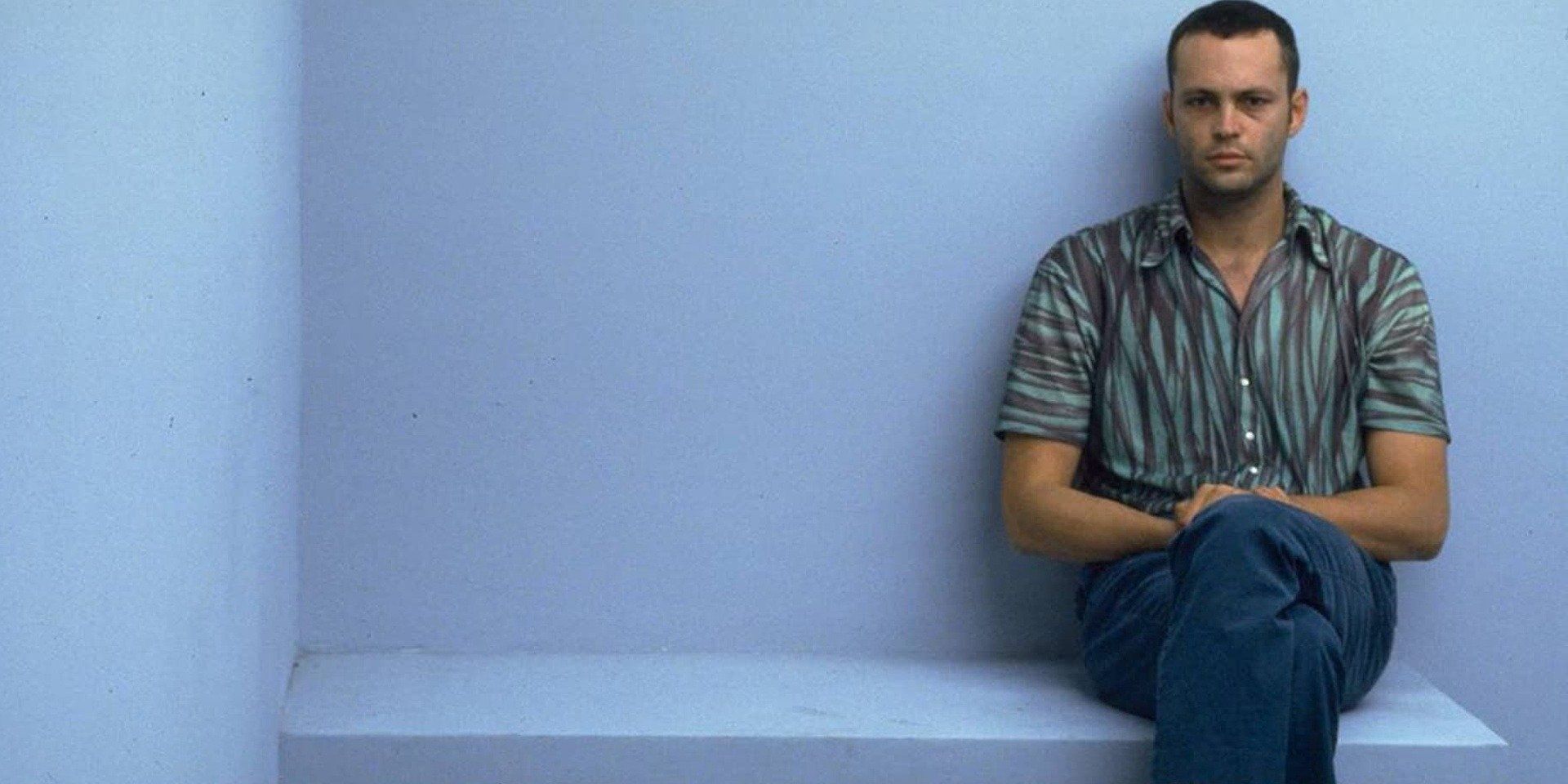 Image via Universal Pictures
Image via Universal Pictures
Psycho by director Alfred Hitchcock is often heralded as one of the greatest films ever made, thanks to its impressive camera work, iconic music, and a terrifying performance by Anthony Perkins as Norman Bates. Thus, audiences and critics alike were confused when, in 1998, Gus Van Sant came out with a shot-for-shot remake starring Vince Vaughn as Norman. Suffice it to say, nobody was eager to see it when they could just watch the original again.
Siskel and Ebert were united in how pointless they found the experience. Siskel stated that it was hard to be shocked since you knew every twist and couldn't understand why the film didn't update some areas, such as the psychologist's explanation for Norman's actions. Speaking of Norman, neither of them was kind to Vaughn, and Ebert said that he found Viggo Mortensen as Sam to be more creepy and threatening. Due to Siskel's worsening condition following surgery to remove a brain tumor, their banter isn't as strong as with other films, but their comments ring very true in today's era of remakes and reimaginings of classic films.
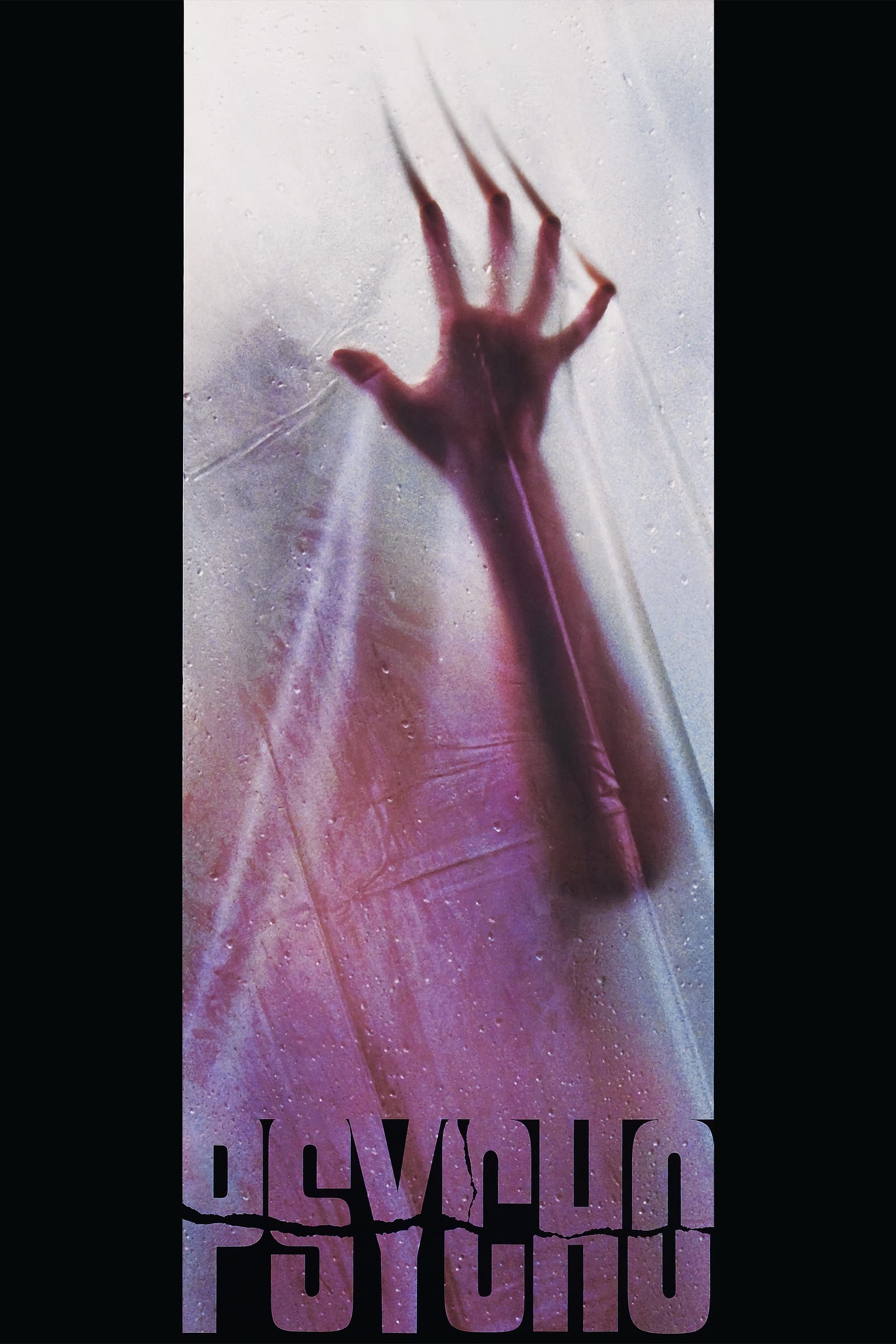
Release Date December 4, 1998
Runtime 105 Minutes
14 'Drop Dead Fred' (1991)
Directed by Ate de Jong
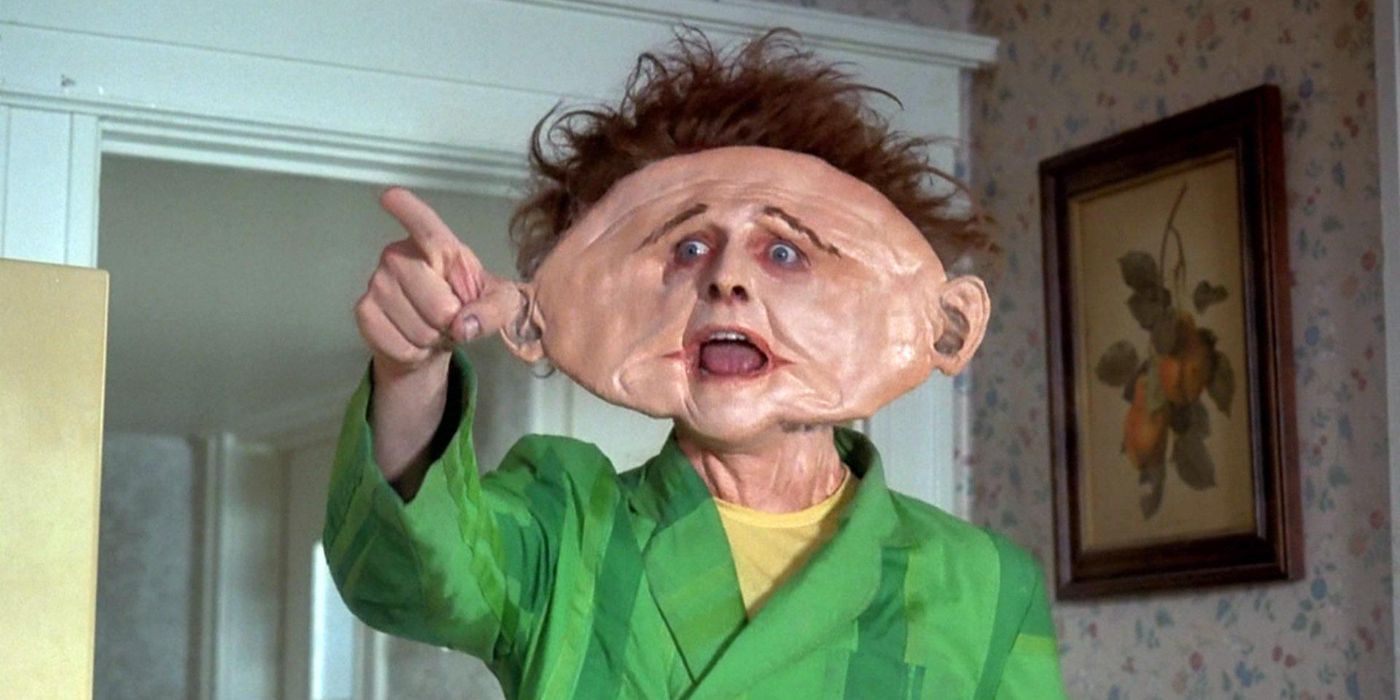 Image via New Line Cinema
Image via New Line Cinema
Elizabeth Cronin (Phoebe Cates), is a meek woman who is desperately trying to keep her estranged husband, Charles (Tim Matheson), from filing a divorce, and has a string of bad luck that results in her getting fired. She goes to live with her controlling mother, Polly (Marsha Mason), who blames Elizabeth for the divorce and encourages her to change herself to be more attractive to Charles. When Elizabeth opens an old jack-in-the-box in her room, she releases her imaginary friend, Drop Dead Fred (Rik Mayall), a crazy character who encourages Elizabeth to embrace chaos and be more assertive.
During their listing of the worst films of 1991, Siskel ranked Drop Dead Fred number one and said, "I had to sit through 98 minutes of [Fred's] screaming act, 98 minutes stolen from my life." Ebert was out on a trip when the film was released and called Siskel to ask if it was worth viewing, to which his partner convinced him to avoid it. Siskel later called this his "holiday gift" to Ebert.
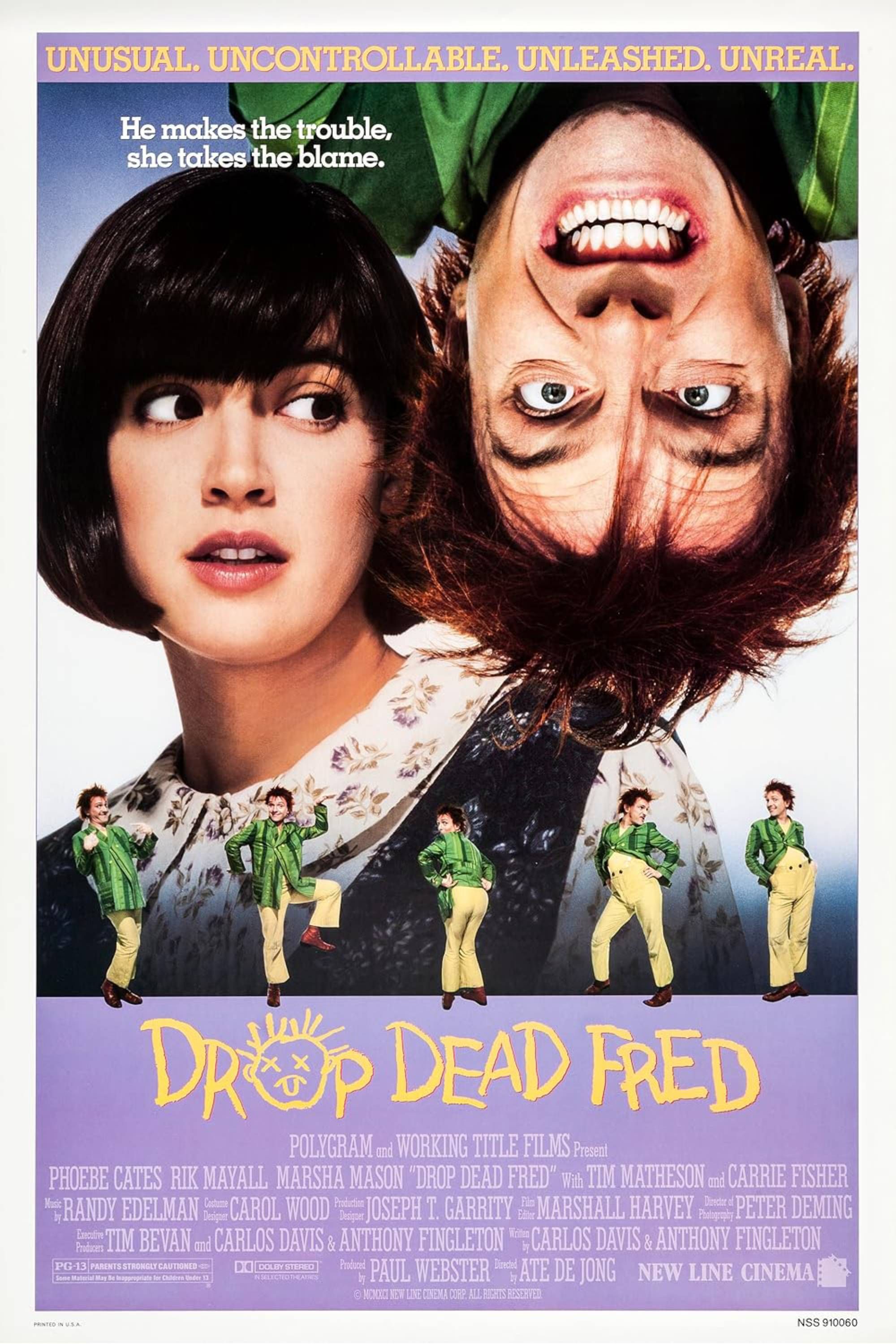
Drop Dead Fred
Release Date April 19, 1991
Director Ate de Jong
Runtime 103 Minutes
13 'Broken Arrow' (1996)
Directed by John Woo
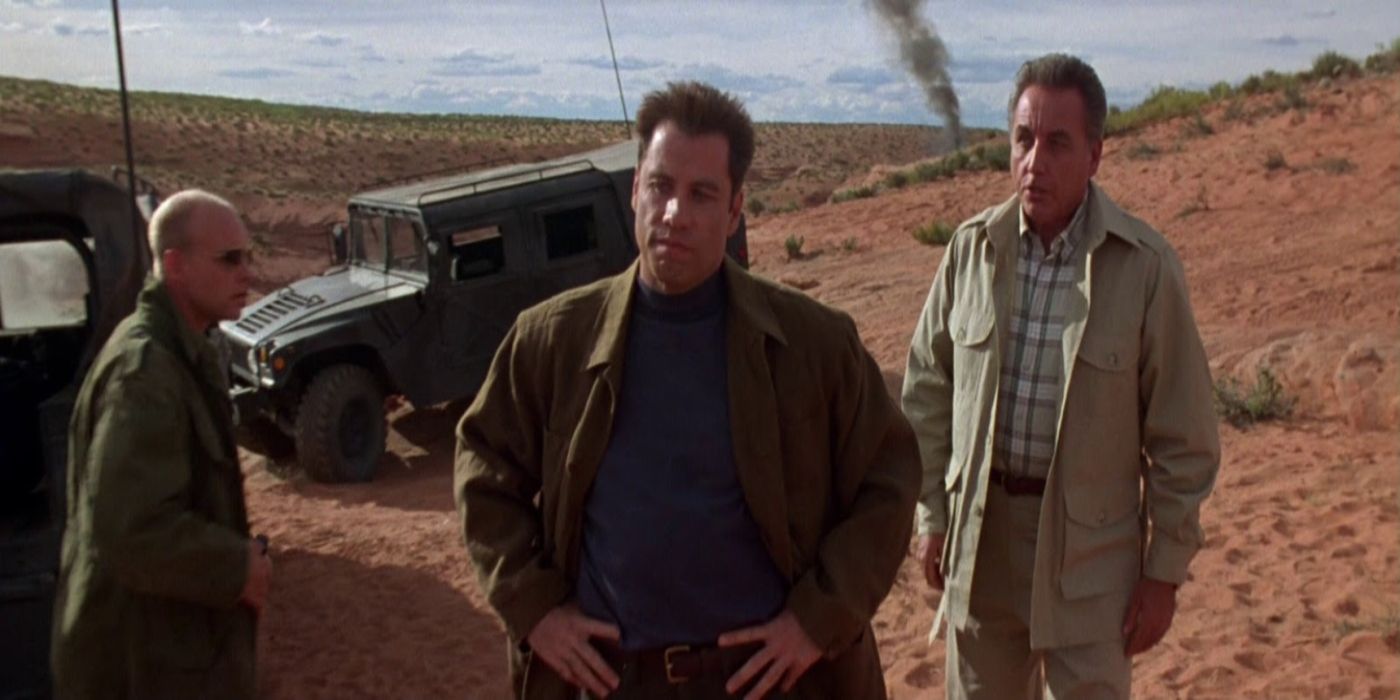 Image via 20th Century Studios
Image via 20th Century Studios
During a test flight, Major Vic Deakins (John Travolta) suddenly goes rogue and hijacks two nuclear warheads. The pilot of the second plane, Captain Riley Hale (Christian Slater), is found by Park Ranger Terry Carmichael (Samantha Mathis), and convinces her to work with him to track down Deakins, who has met up with a band of mercenaries. He plans to use the nukes to blackmail the United States for money, but as the military tries to stop him, it seems like he might detonate the nukes just for the fun of it.
Siskel originally gave Broken Arrow a marginal thumbs up, but after hearing Ebert's criticisms, he flipped his thumb for the first and only time. He explained it as, "What am I really defending here? I'm defending some colorful action scenes... but really, I can't recommend it." Afterward, Siskel then tried to get Ebert to change his opinion on the 1993 film Cop and a Half, though Ebert refused to budge. While the film has received a cult following over the years, Siskel and Ebert's review is still famous for the tumb-flip and their classic banter.
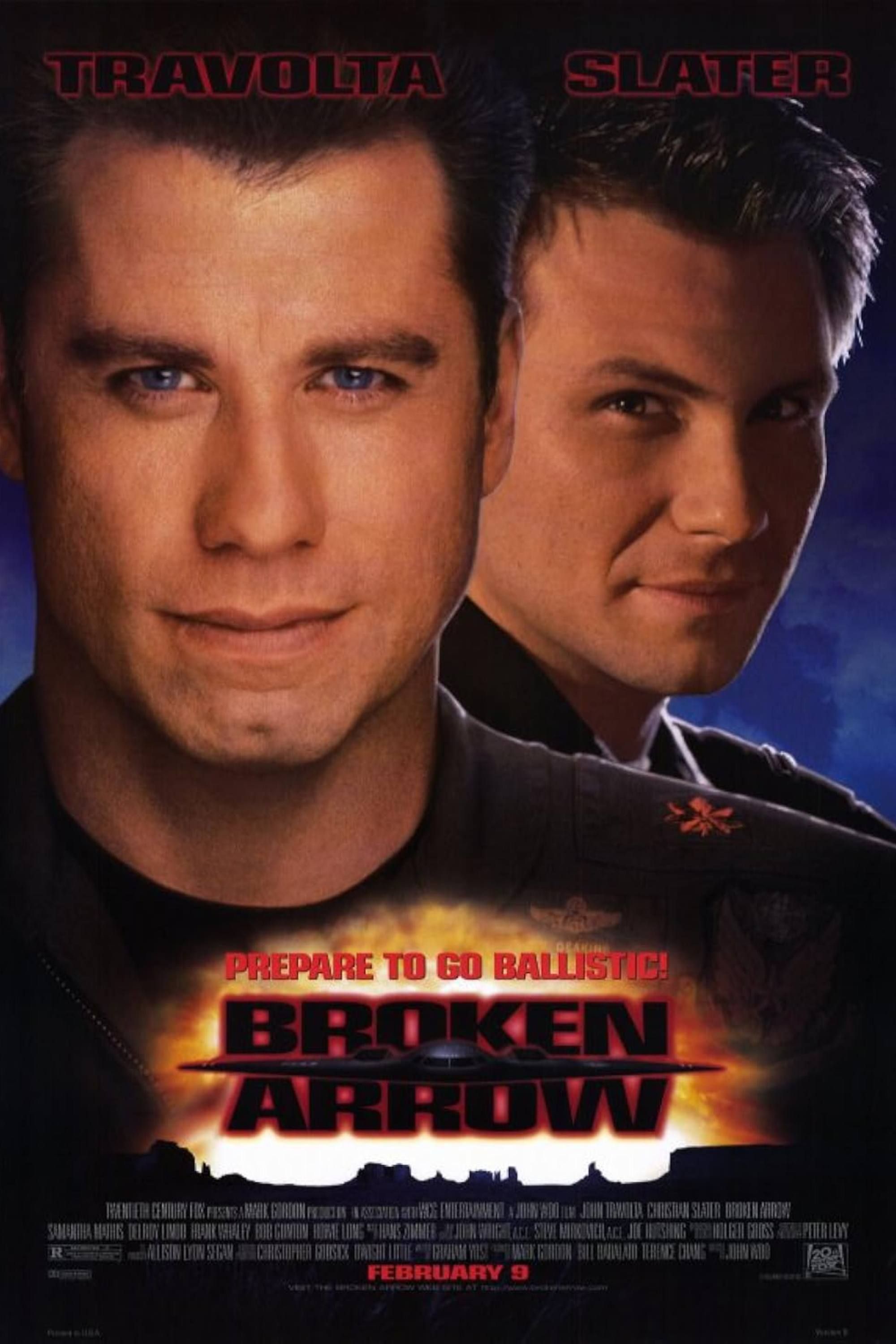
Release Date February 9, 1996
Runtime 108 minutes
12 'Sheena' (1984)
Directed by John Guillermin
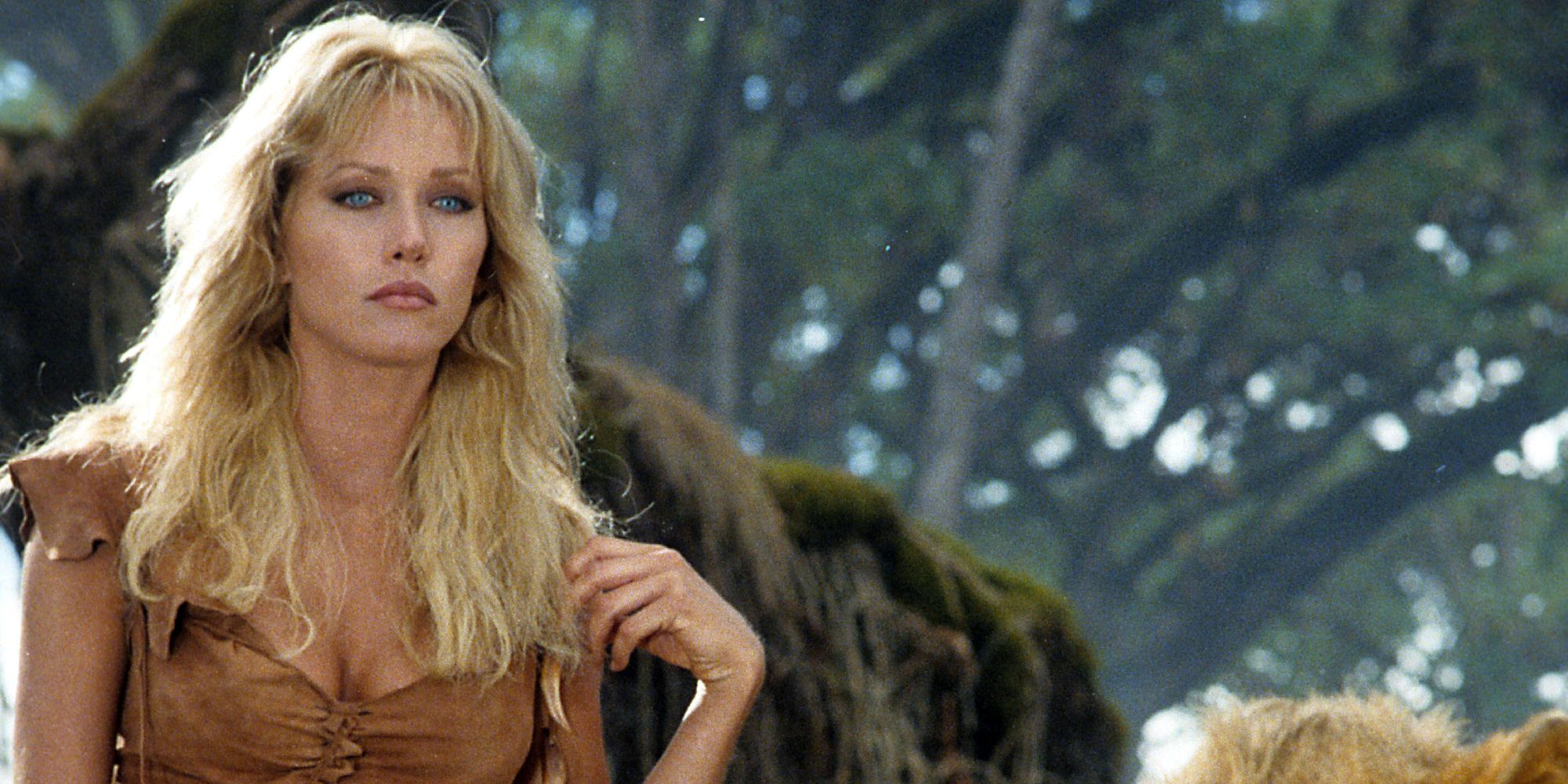 Image via Columbia Pictures
Image via Columbia Pictures
While an obscure character by today's standards, Sheena, Queen of the Jungle, is the first female character to be the star of her own comic. After a short-lived television series in the 1950s, a film was produced starring Tanya Roberts. It follows a young white orphan girl who's raised by the Zambouli tribe as one of their own, as they believe she has an important part to play in a prophecy. She grows up to be the "Queen of the Jungle" and has a role in saving the community from greedy outsiders.
Though it boasts impressive on-sight filming, the script and acting left much to be desired. Siskel and Ebert's main criticism was that it was too ridiculous to be considered a fun, dumb film. In their television review, they focused on their favorite worst moments. Ebert chose how Sheena's love interest, reporter Vic Casey (Ted Wass), was more interested in taking her to New York than learning how she can speak to animals, while Siskel chose Sheena's use of flamingos to destroy a helicopter.
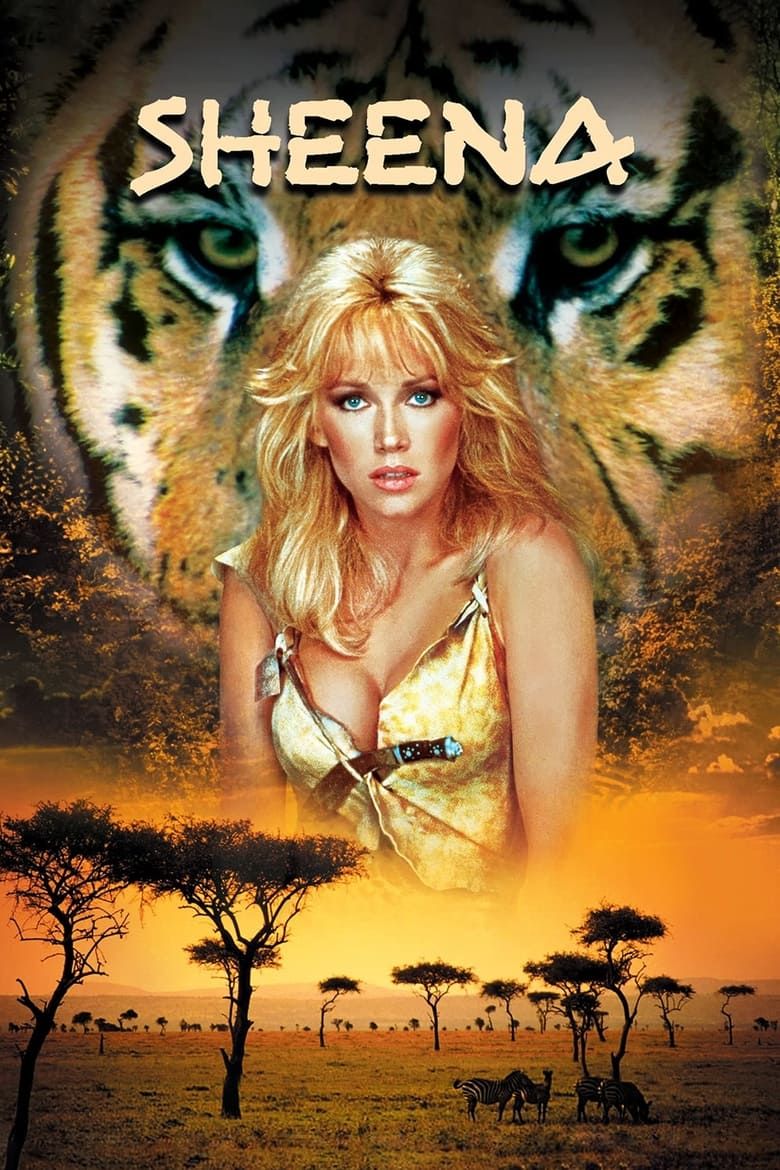
Sheena
Release Date August 17, 1984
Director John Guillermin
Cast Tanya Roberts , Ted Wass , Donovan Scott , Elizabeth of Toro , France Zobda , Trevor Thomas , Clifton Jones , John Forgeham , Errol John , Sylvester Williams , Bob Sherman , Michael Shannon , Nancy Paul , Kathryn Gant , Kirsty Lindsay , Nick Brimble , Paul Gee , Dave Cooper , Tim Ward-Booth , Wilbur Nyabungo , Oliver Litondo , Louis Mahoney , Shane Mwigerere , Tom Mwangi , Margarita Ndisi
Runtime 117 minutes
11 'Godzilla' (1998)
Directed by Roland Emmerich
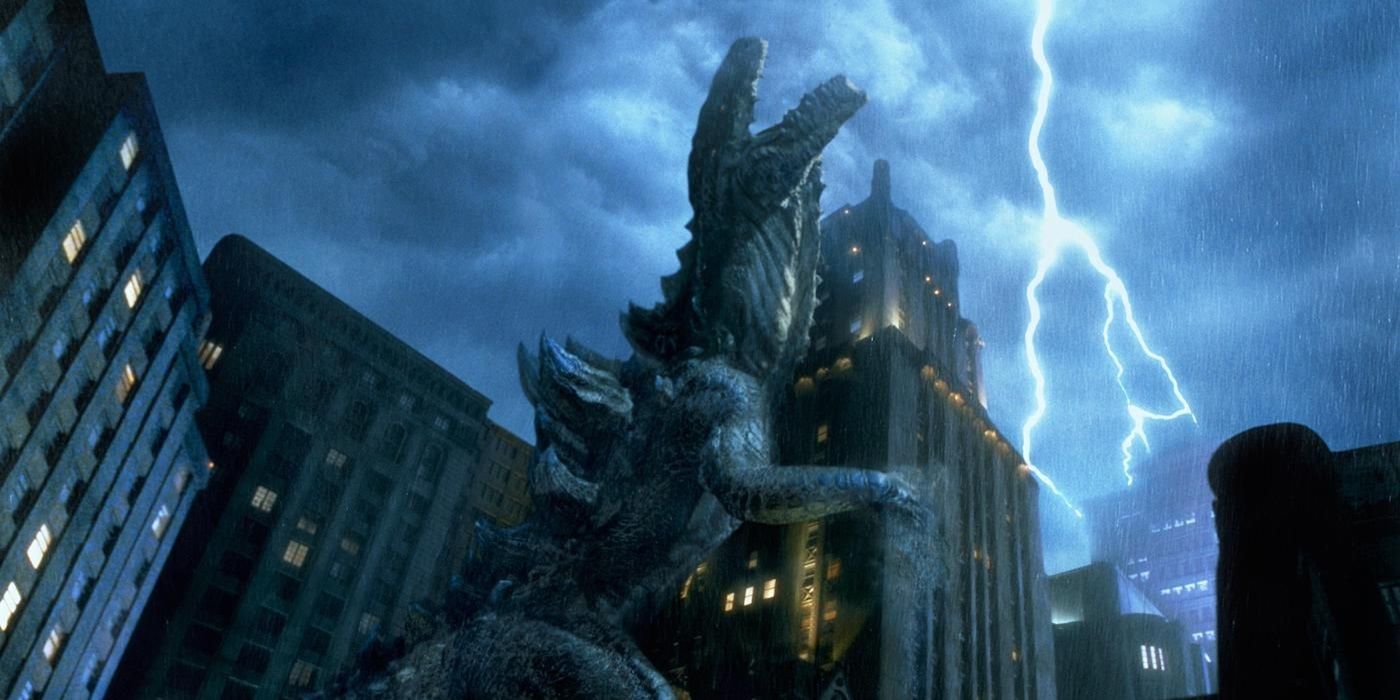 Image via TriStar Pictures
Image via TriStar Pictures
Godzilla is one of the most iconic and well-known monsters in cinema and stands as a powerful metaphor for the dangers of nuclear war. Unfortunately, his first outing in America was directed by Roland Emmerich, a director known for making off-the-wall disaster movies of varying quality. His dinosaur-like design for Godzilla was so despised that in the 2004 film Godzilla: Final War, Emmerich's monster was unceremoniously killed by the real Godzilla.
Siskel was recovering from brain surgery during the episode, but that didn't stop him from phoning in to help Ebert rip into the film. Both of them were disappointed by the film's predictable writing, Godzilla's lackluster design, and the lack of terror. They were also disappointed by the characters Mayor Ebert (Michael Lerner) and Gene (Lorry Goldman), calling them petty. Siskel found the fact that the characters survived especially strange, saying, "If you're going to go through the trouble of putting us in a monster movie, why don't you at least take the advantage of having the monster either eat or squash us?"
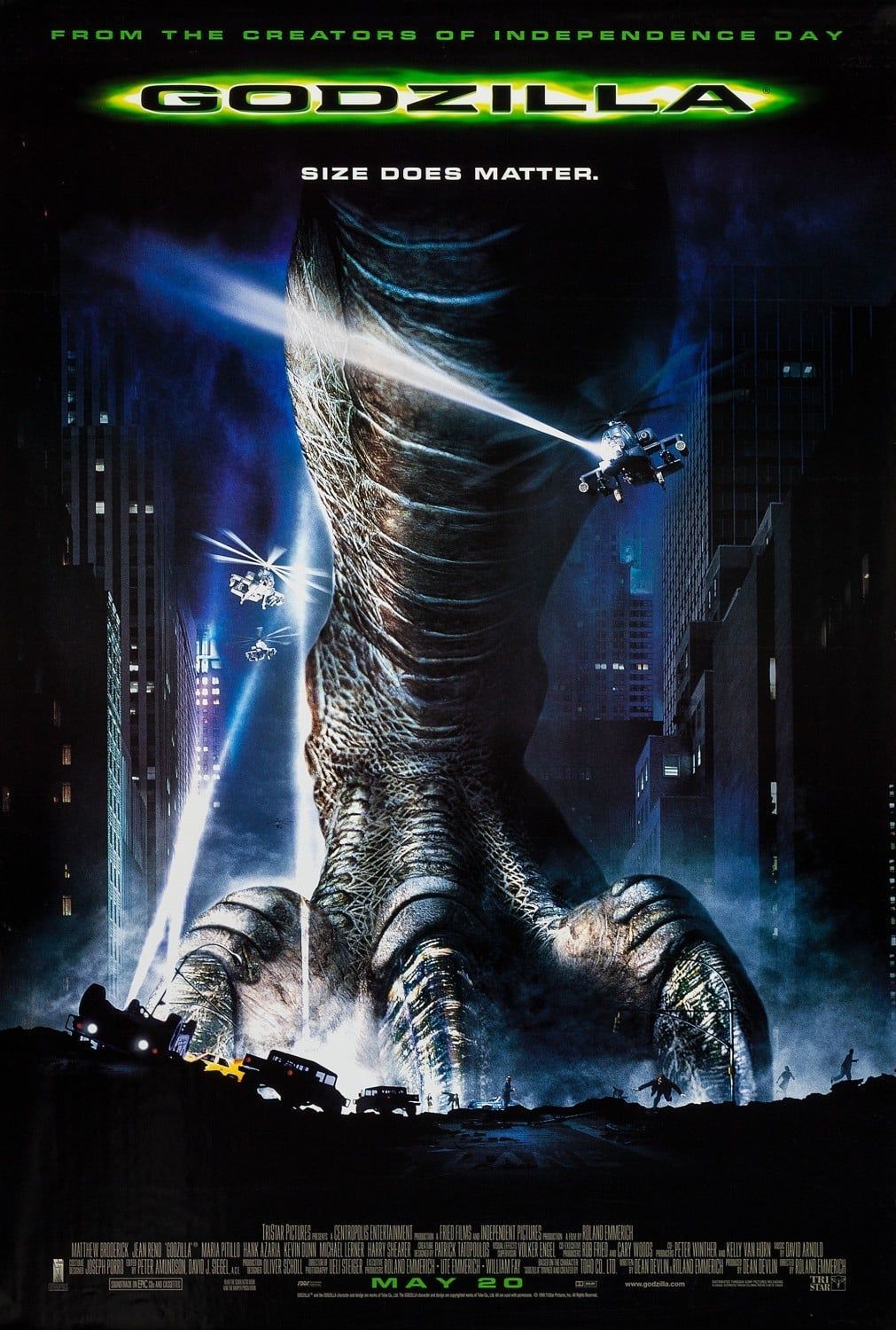
Godzilla
Release Date May 20, 1998
Director Roland Emmerich
Runtime 139 Minutes
10 'Patch Adams' (1998)
Directed by Tom Shadyac
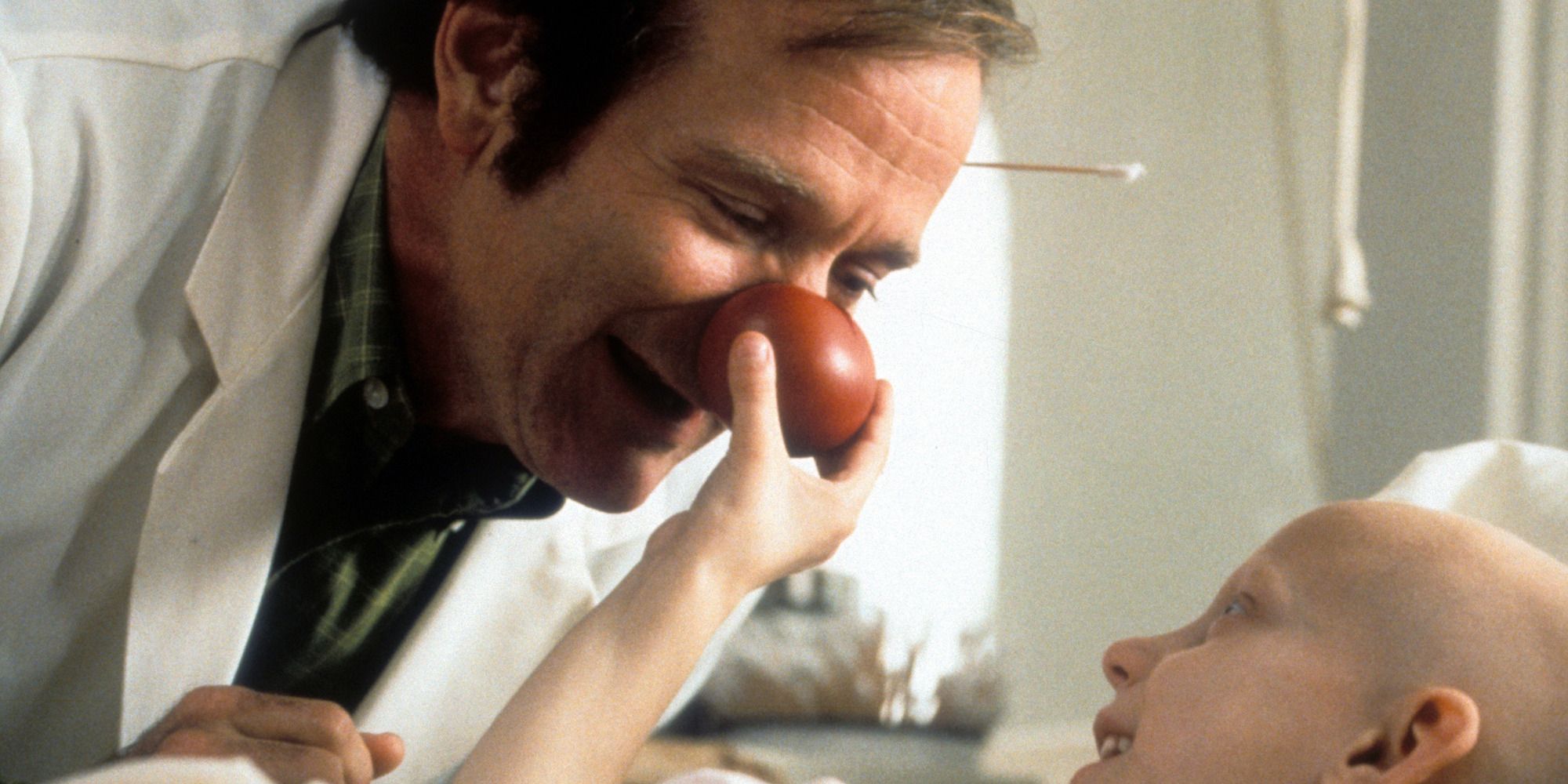 Image via Universal Pictures
Image via Universal Pictures
When it comes to adapting stories based on real people, it's tricky to strike a balance between reality and necessary changes. In the case of Patch Adams, a few too many liberties were taken with the story of Hunter Adams, here played by Robin Williams. Believing that humor can help patients recover faster, Adams enrolls in medical school and acts like a crazed clown, which earns him the ire of the more conservative and traditional Dean Walcott (Bob Gunton).
Siskel's comment "I'd rather turn my head and cough than see any part of Patch Adams again," had Ebert laughing off-camera, and at one point he called the film "Punch Adams." He later put the film as his worst of 1998, the last time he would get to before his death. While Ebert picked Armageddon as his worst of 1998, he agreed with Siskel that the film was emotionally manipulative and that Adams' behavior was too ridiculous to be taken seriously as a doctor.
Patch Adams
Release Date December 25, 1998
Director Tom Shadyac
Runtime 115 minutes
9 'Red Sonja' (1985)
Directed by Richard Fleischer
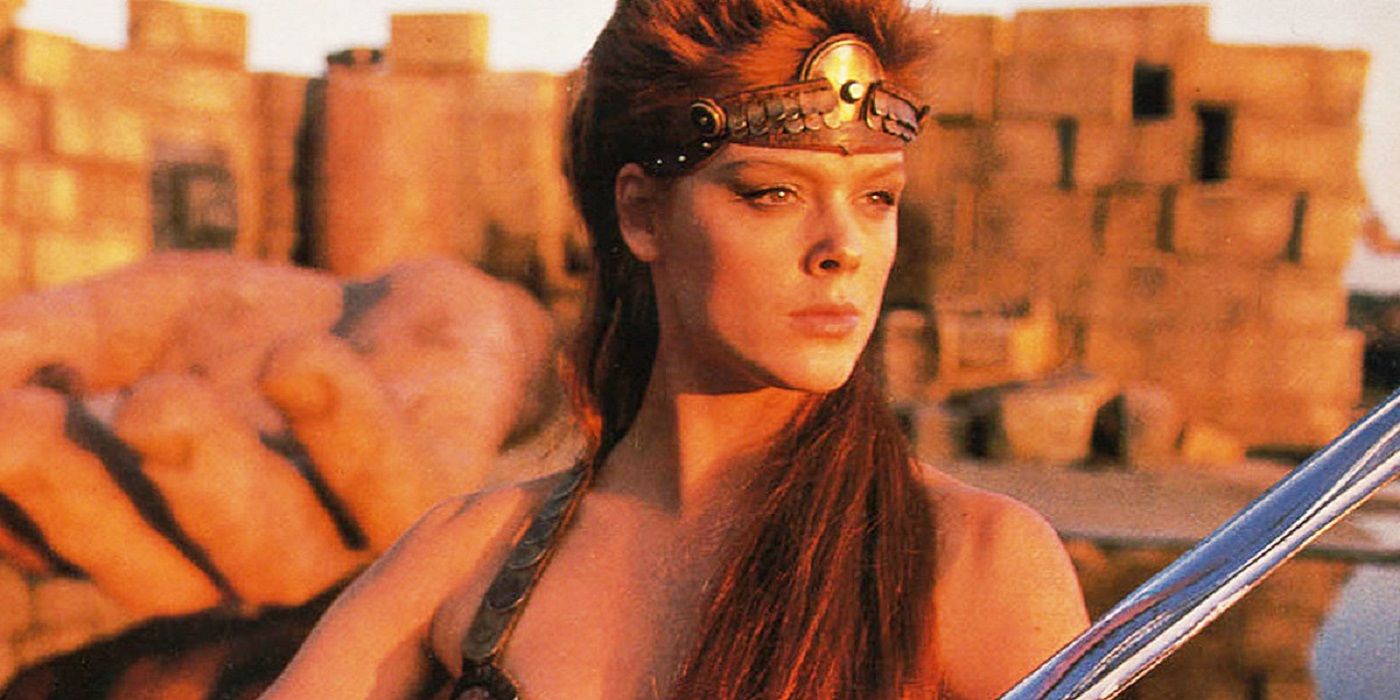 Image via MGM/UA Entertainment Company
Image via MGM/UA Entertainment Company
The 1980s were great for fantasy films. One of the earliest successes of the decade was Arnold Schwarzenegger's Conan The Barbarian, which led to the creation of other sword and sorcery projects. This included Red Sonja, another character from Conan creator Robert E. Howard, which failed to live up to its predecessor. It follows Queen Gedren (Sandahl Bergman), an unforgiving ruler who kidnaps the guardians of a mystical orb. When one of these priestesses escapes and calls on Red Sonja (Brigitte Nielsen), the warrior reluctantly teams up with Lord Kalidor (Schwarzenegger) to save the day.
The film's poor quality had Siskel and Ebert in stitches during their review. Though they try to maintain their professionalism, they can't help but laugh at Red Sonja's clunky dialogue, terrible effects, and awkward stance of a Buddha statue. Ebert also admitted that he was almost willing to give the film the benefit of the doubt had it been a satire of the sword and sorcery genre.
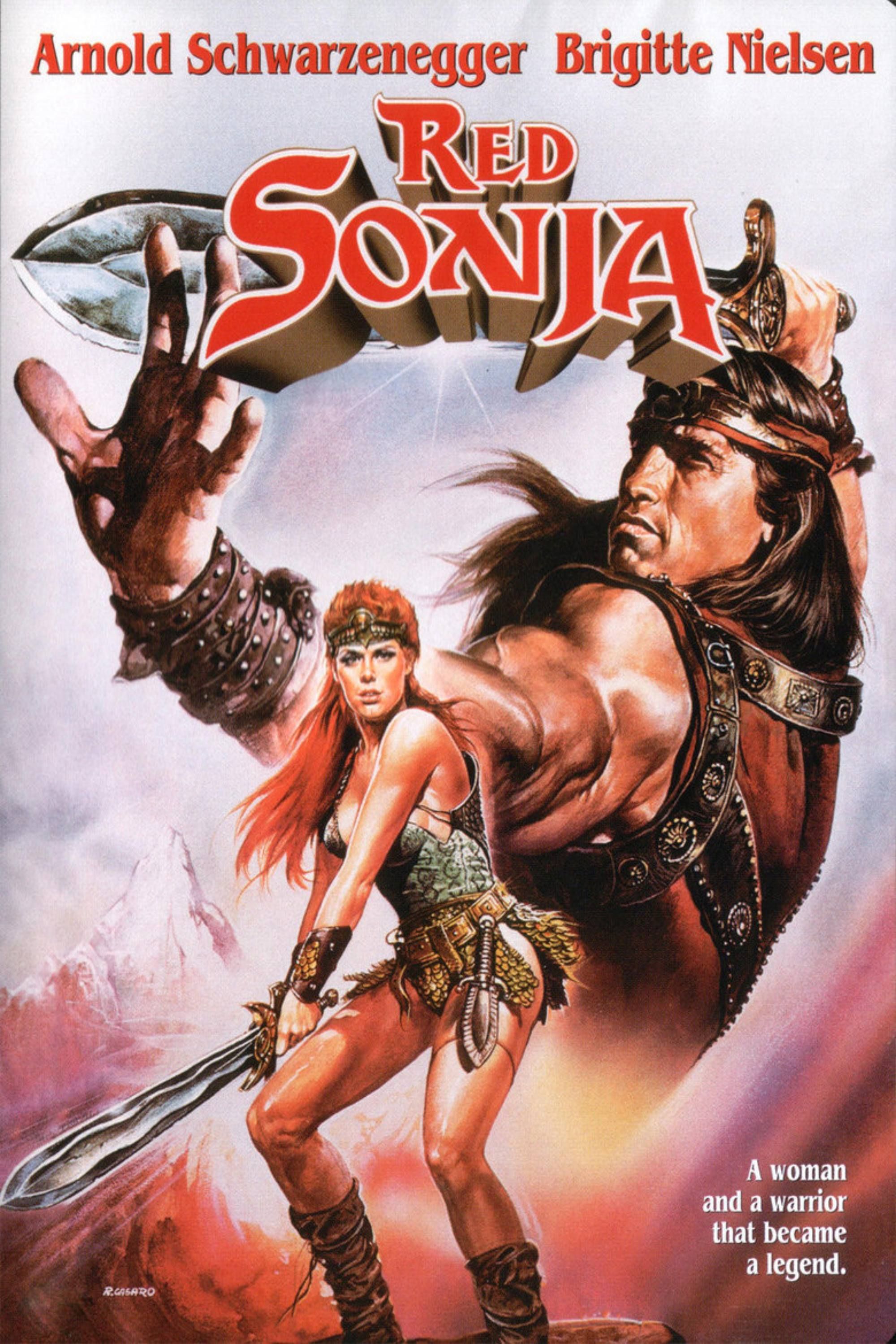
Red Sonja
Release Date July 3, 1985
Director Richard Fleischer
Runtime 89 Minutes
8 'Jaws: The Revenge' (1987)
Directed by Joseph Sargent
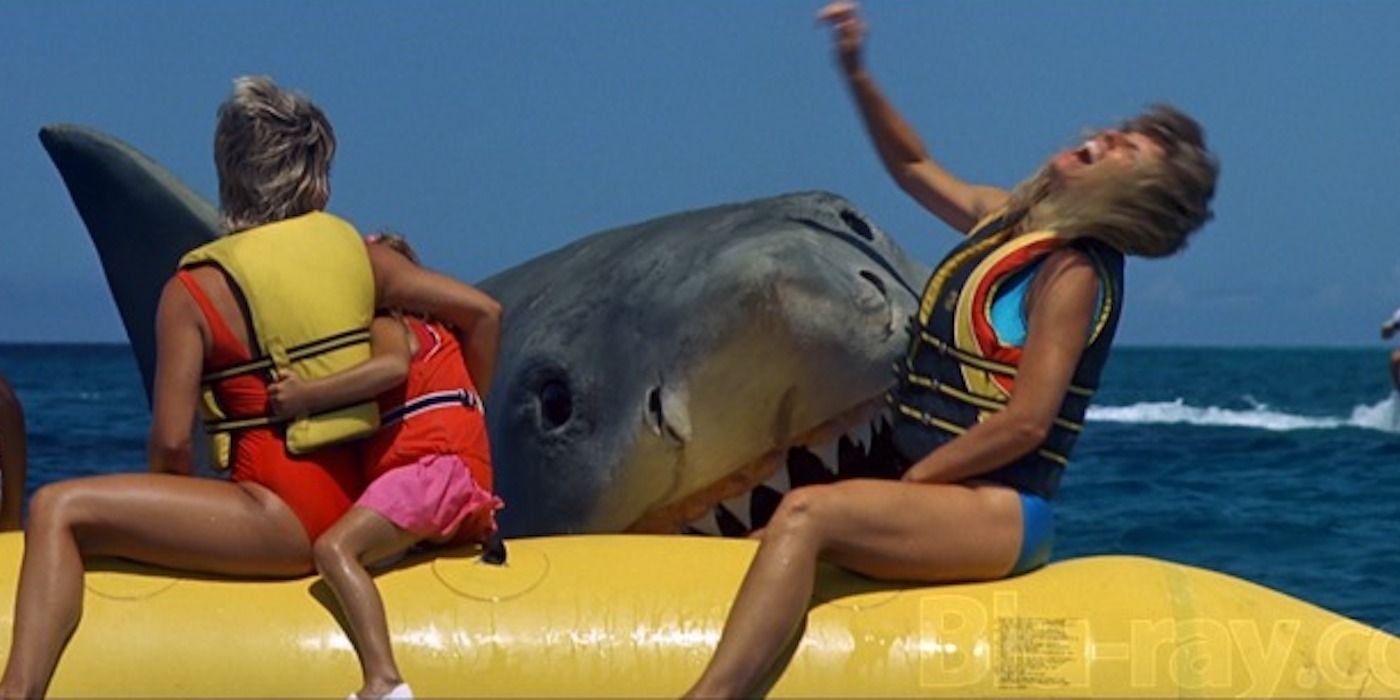 Image Via Universal Studios
Image Via Universal Studios
Jaws is one of the all-time greatest thrillers, overcoming a troubled production to kickstart the modern summer blockbuster. This makes it all the more unfortunate that its sequels got progressively worse. The fourth film reaches new levels of bad, with the shark having a vendetta against the Brody family. After the widow Ellen Brody (Lorraine Gary) loses her son to a great white attack, she takes a trip to the Bahamas to escape it all, but finds more trouble waiting there.
Siskel and Ebert had a ball tearing apart this film, from its terrible effects and writing to awful editing. Siskel, in particular, was very meticulous in his criticisms, questioning why the Brody family didn't just move away from the water and how Hoagie's (Michael Caine) shirt is dry despite being submerged in water. He was especially enraged that the film opened on such a cheap dream sequence.
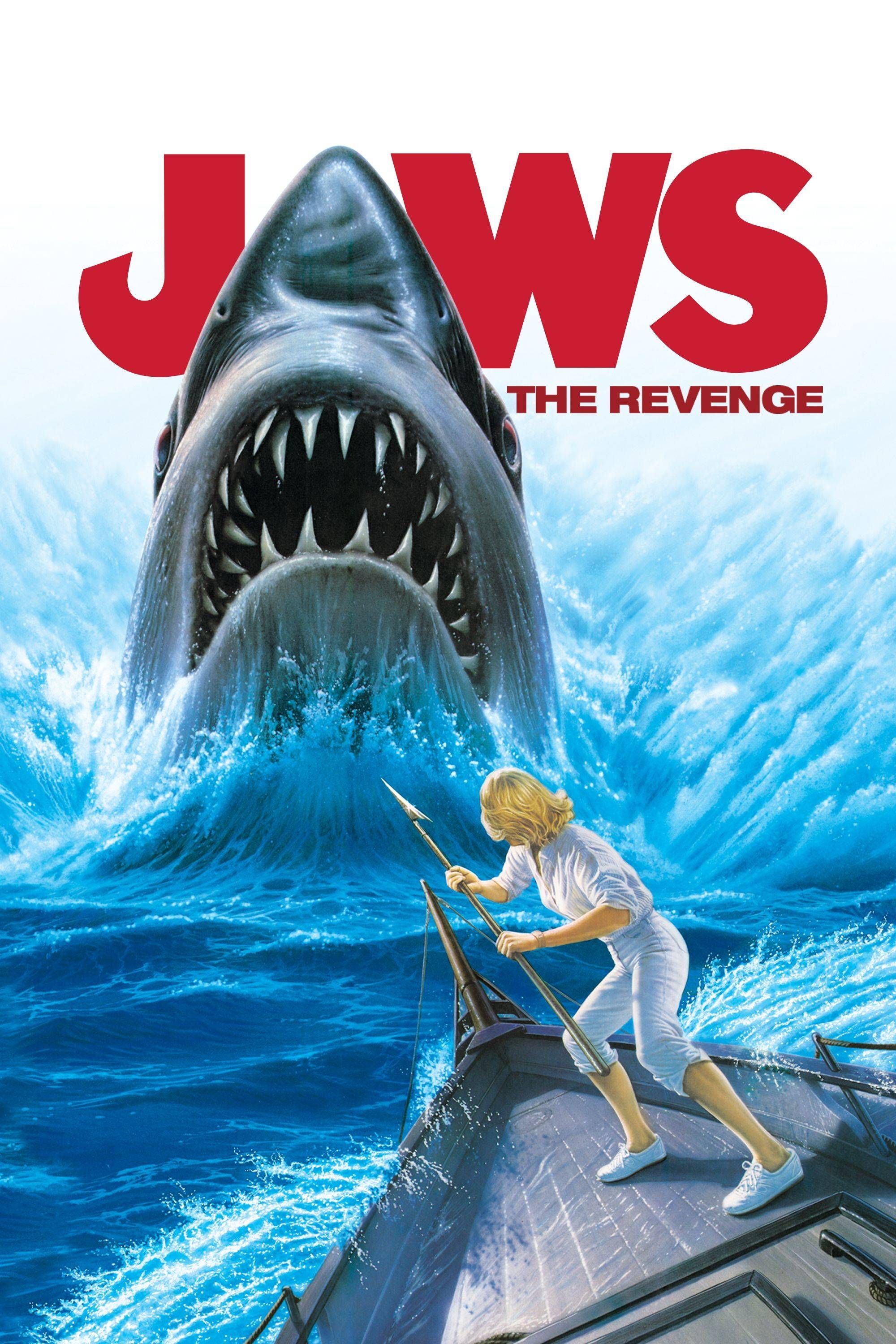
Release Date July 17, 1987
Director Joseph Sargent
Runtime 89 minutes
7 'Little Indian, Big City' (1994)
Directed by Hervé Palud
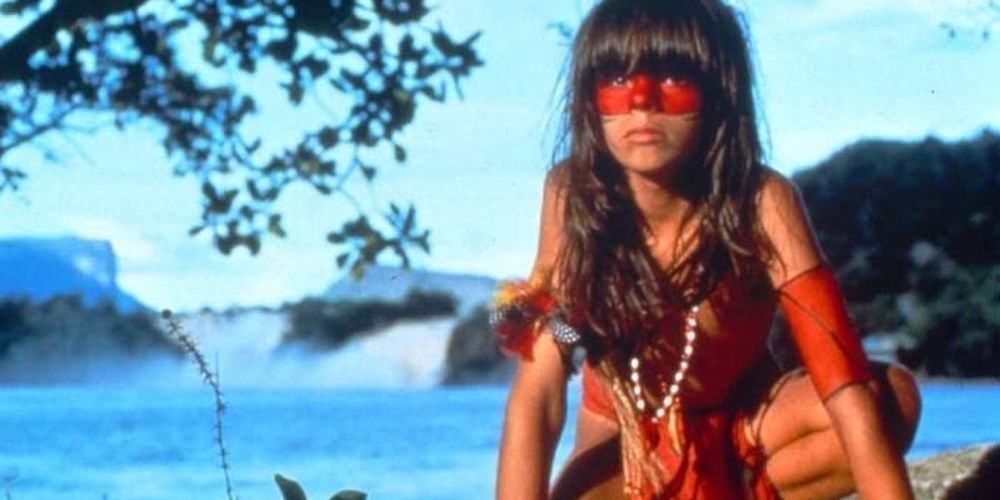
The French film Little Indian, Big City follows Stéphane Marchadot (Thierry Lhermitte), who travels to the Amazon Rainforest to get his estranged wife to sign divorce papers and learns he has a teenage son named Mimi-Siku (Ludwig Briand). He takes Mimi-Siku back to Paris, where all sorts of hijinks ensue. The film was the second-highest-grossing movie in France behind The Lion King and eventually made its way to North America.
While Siskel and Ebert found the plot pretty weak, they hated the terrible American dubbing most. Ebert described the dub as English translated from French via a third language unknown to either side. When they saw the film, one of the reels was missing, which led to Siskel's comment, "If it were the legendary missing footage from The Magnificent Ambersons, this movie would still suck." Not to mention the problematic premise itself, which cements the 1994 film as a movie that wouldn't be made today.
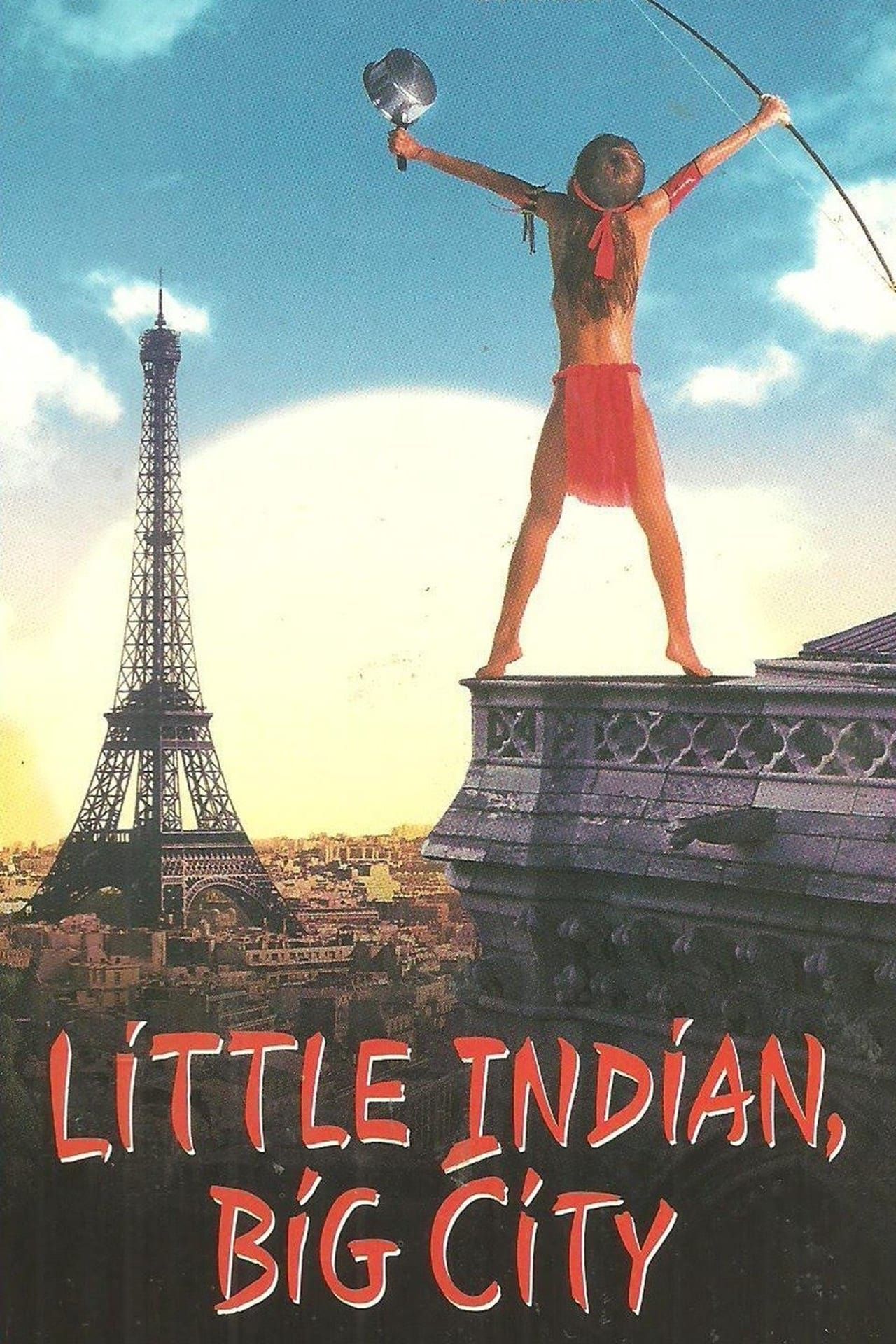
Release Date December 20, 1994
Director Hervé Palud
Cast Thierry Lhermitte , Patrick Timsit , Ludwig Briand , Miou-Miou , Arielle Dombasle , Sonia Vollereaux , Tolsty , Jackie Berroyer , Marc de Jonge , Louba Guertchikoff , Philippe Bruneau , Dominique Besnehard , Cheik Doukouré , Marie-Charlotte Leclaire , Olga Jirouskova , Chick Ortega , Paco Portero , Sonia Lezinska , Marc Brunet , Olivier Hémon
Runtime 90 Minutes
6 'Mad Dog Time' (1996)
Directed by Larry Bishop
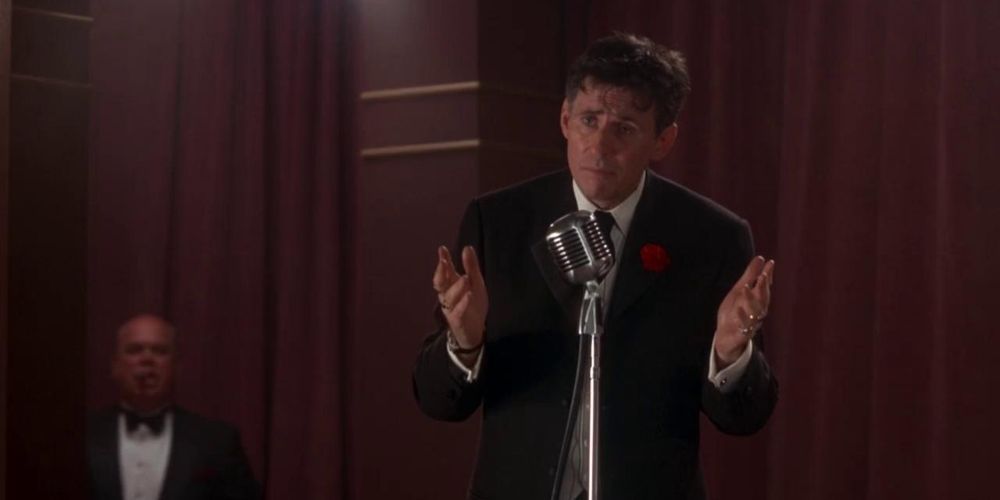 Image via MGM
Image via MGM
Notorious crime boss Vic (Richard Dreyfuss) is released from a psychiatric facility and plans to reclaim his underworld empire in Mad Dog Time. Two of his enforcers, Ben (Gabriel Byrne) and Mickey (Jeff Goldblum), have been running things in his absence, but are constantly distracted by their vices. It also becomes a problem when Ben wants to take over the organization, and that Mickey has been sleeping with Vic's girlfriend and her sister.
Siskel and Ebert couldn't follow the film's shallow plot or get invested in its forgettable characters. Ebert described the movie as "not preferable to an hour and forty-five minutes of looking at a blank wall," as characters just talk tough before getting gunned down. Siskel argued that Dreyfuss should get most of the blame since he co-produced the film and thus had a hand in the creative process.
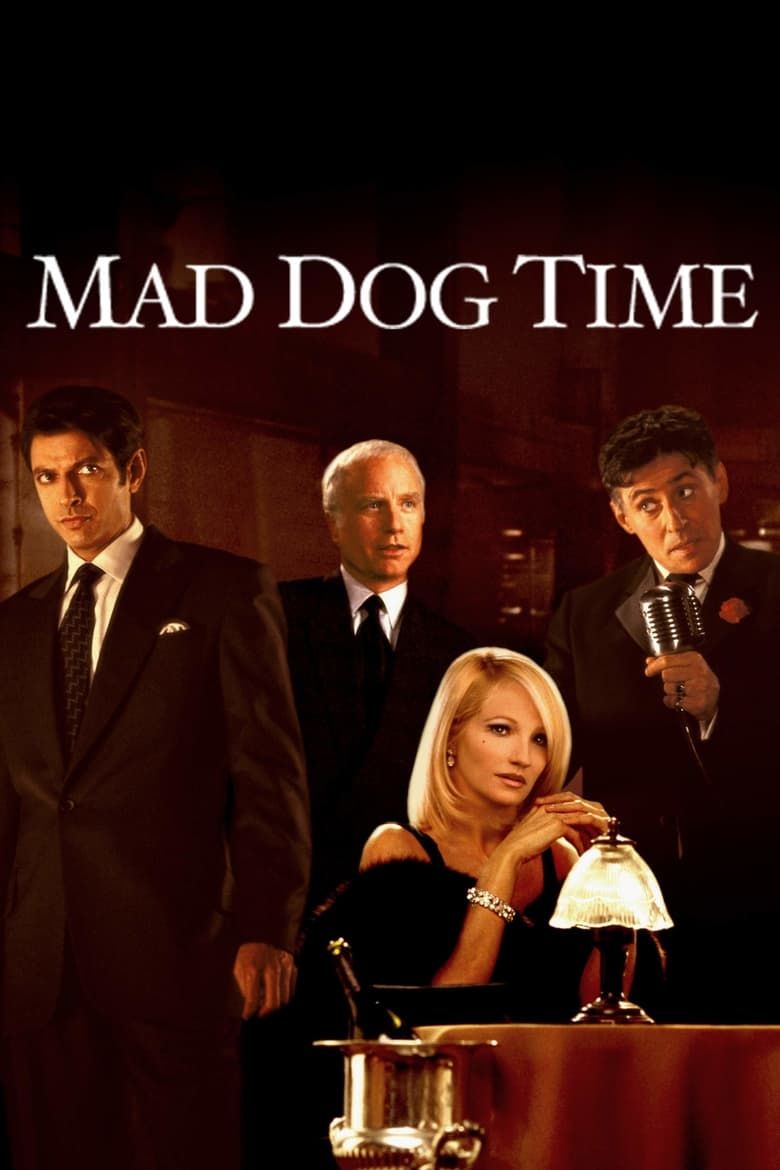
Mad Dog Time
Release Date November 8, 1996
Director Larry Bishop
Runtime 93 minutes
5 'She's Out of Control' (1989)
Directed by Stan Dragoti
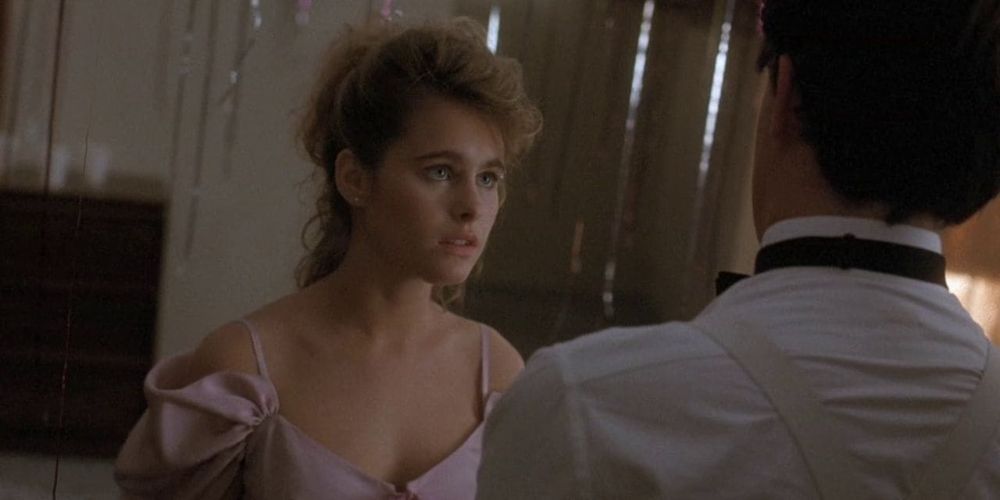 Image via Columbia Pictures
Image via Columbia Pictures
1989 saw two teenage coming-of-age films released back to back. One of those was Say Anything..., often considered among the all-time greatest romantic comedies. The other was She's Out of Control, which nearly got Gene Siskel to retire as a professional film critic. It follows a father's struggle to accept his daughter is growing up. When she gets a makeover, it transforms the trajectory of her life.
With its cringe-worthy tagling "She was Daddy's little girl. Now she's at that age when girls go wild, guys go crazy and Dads go nuts," it's not surprising that Siskel described She's Out of Control as "a depressing film, neither lifelike nor an effective fantasy." Ebert called the film a crime because it robs audiences of two hours of their lives. This led to a humorous exchange regarding the better things audiences could do with their time rather than sitting through the rest of the film.
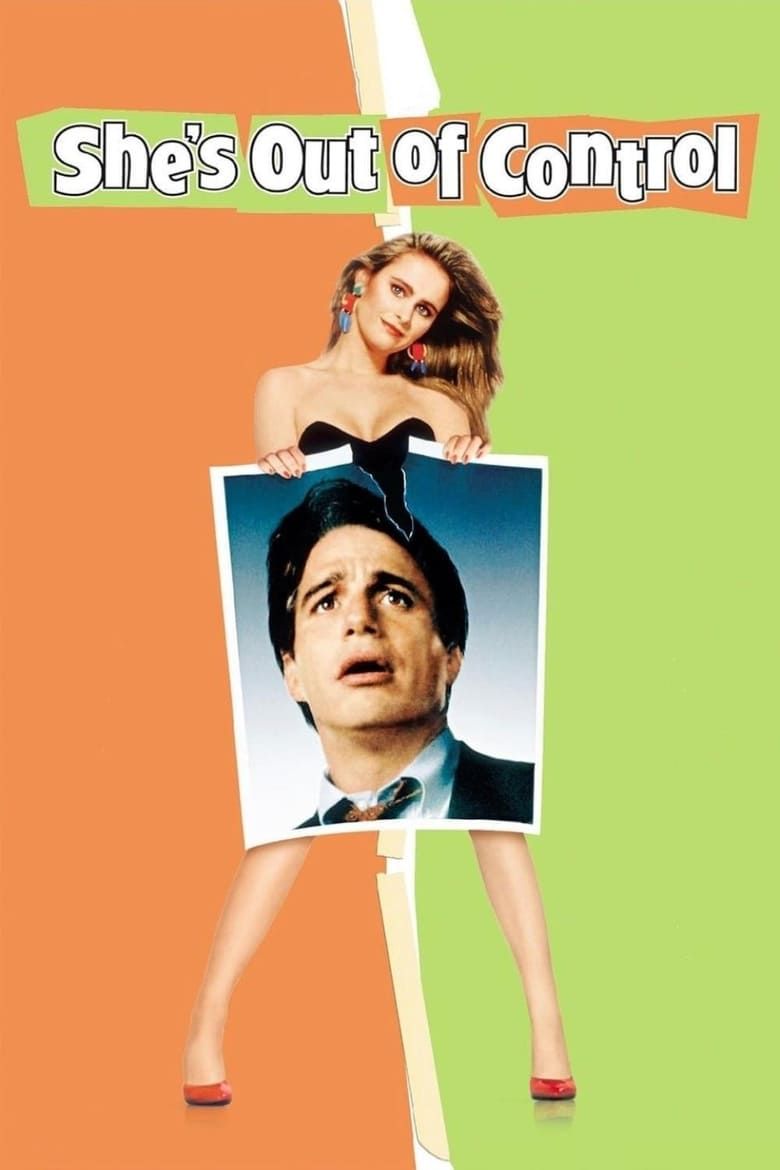
She's Out of Control
Release Date April 14, 1989
Director Stan Dragoti
Runtime 97 minutes
4 'Frozen Assets' (1992)
Directed by George T. Miller
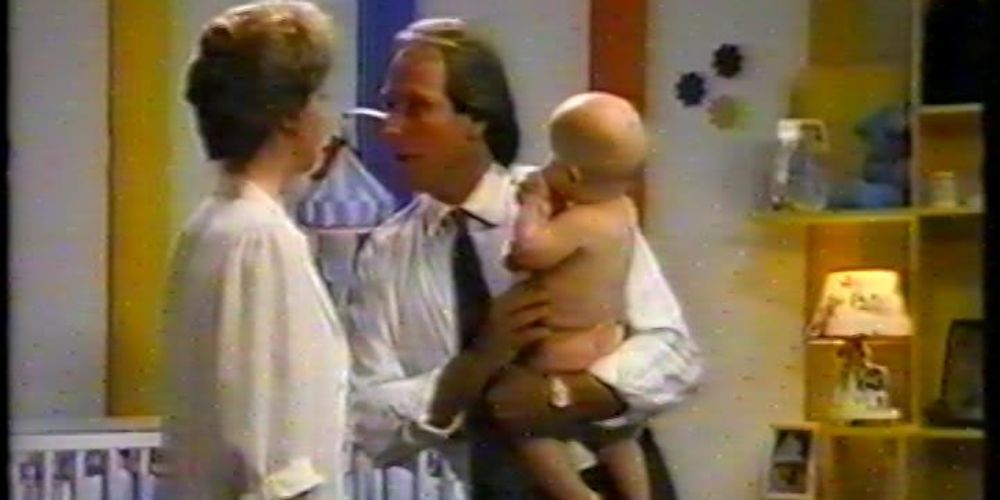
An obscure comedy even by 1990s standards, Frozen Assets sees bank executive Zach Shepard (Corbin Bernsen) take a new job in Oregon. Unfortunately, he learns that the bank he applied to is a sperm bank, which is also where he meets the initially rude Dr. Grace Murdoch (Shelley Long), who seems to secretly like him. Zach hatches a plan to host a fundraiser to increase donations, with the goal of finding the man with the highest sperm count, but this angers the local brothels. Coupled with its juvenile attempts at comedy, it's little wonder it bombed at the box office.
During their television review, Siskel and Ebert said Frozen Assets was perhaps the most depressing experience in their careers as film critics. So abysmal that Ebert declared sitting through the movie should earn them compensation in the next life in the form of honey, nectar, and zephyr breeze, prompting Siskel to laugh. They would later pick the film as the worst of 1992.
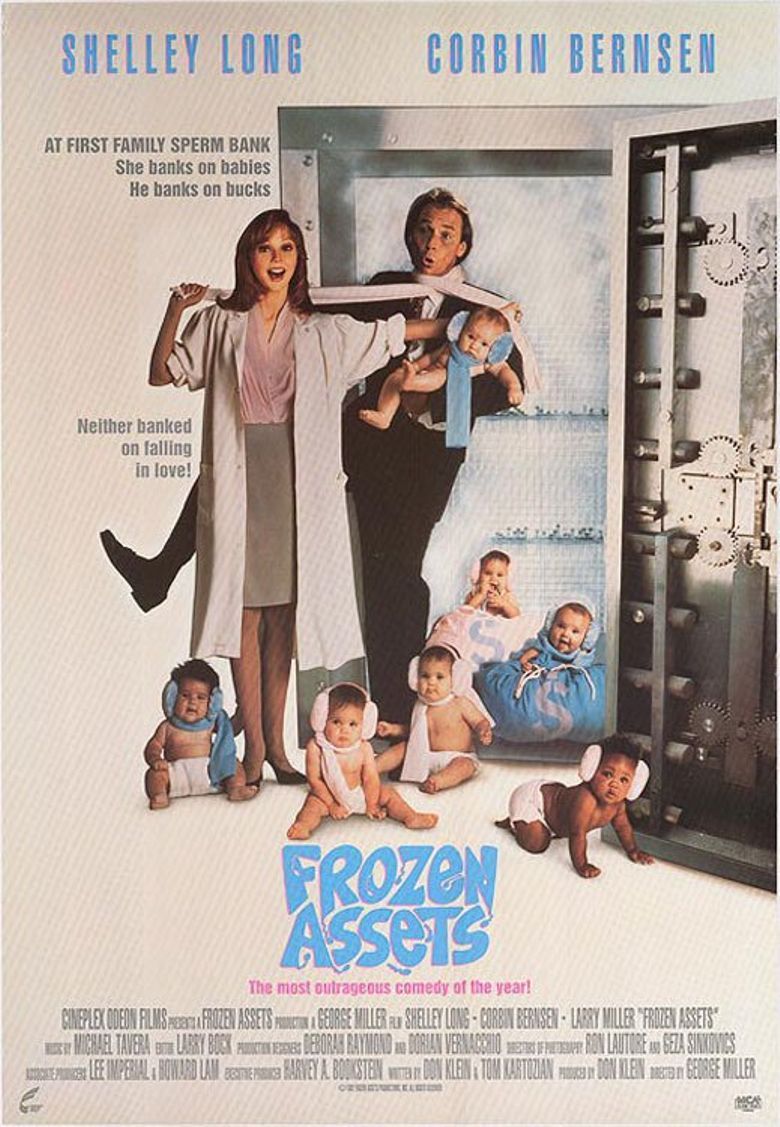
Frozen Assets
Release Date October 23, 1992
Director George Miller
Cast Shelley Long , Corbin Bernsen , Larry Miller , Dody Goodman
Runtime 96 minutes
Main Genre Comedy
3 'Leonard Part 6' (1986)
Directed by Paul Weiland
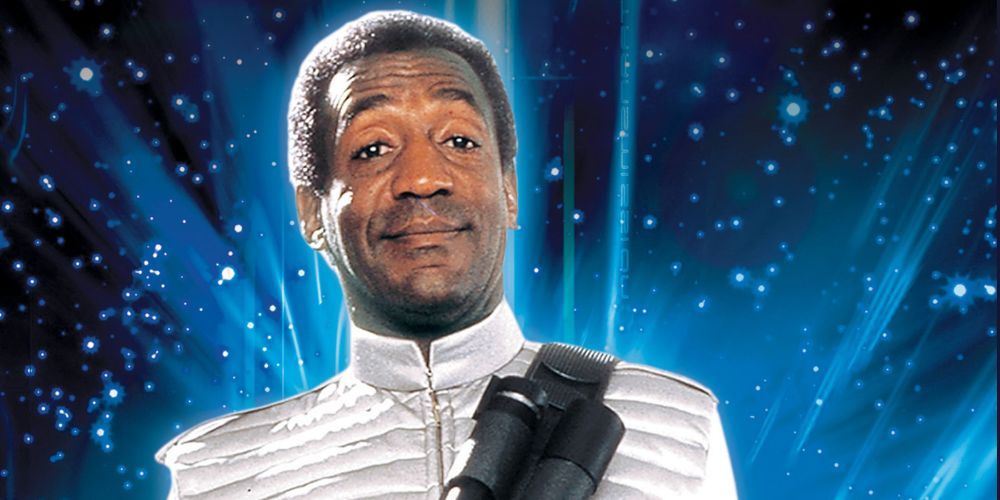
Disgraced comedian Bill Cosby was one of the biggest names on television. He also starred in several successful films in the 1970s, but in 1987, he wrote and produced the spy comedy Leonard Part 6, which he quickly denounced once it was evident it would be a disaster. The unfunny '80s comedy movie follows ex-CIA agent Leonard (Cosby), who finds himself bored with retirement despite owning a booming restaurant. When he encounters an annoying vegetarian, he makes it his mission to uncover her world-ending plot involving an army of killer animals.
Fortunately, Siskel and Ebert's review has enough comedy to make up for the film's lack thereof. Ebert's deadpanned description of the film's comedy and hatred of Cosby reducing himself to a Coca-Cola advertisement had Siskel snickering until it was his turn. Alongside all of Ebert's points, Siskel also brought up how this film was a disappointment to Cosby's fans, a statement that rings truer today.
Leonard Part 6
Release Date December 18, 1987
Director Paul Weiland
Runtime 85
2 'Staying Alive' (1983)
Directed by Sylvester Stallone
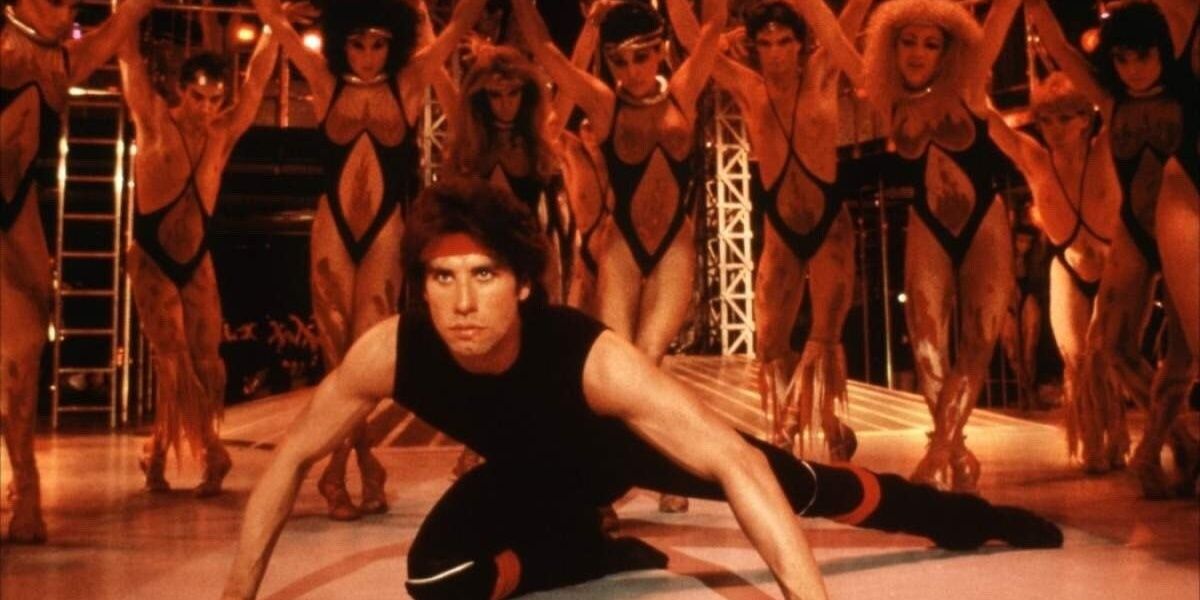 Image via Paramount Pictues
Image via Paramount Pictues
Like many critics and audience members, Siskel and Ebert were big fans of Saturday Night Fever. They loved John Travolta's portrayal of the main character, Tony Manero, the film's now-iconic soundtrack, and the story's relatability reliability. The same praise didn't translate for its Sylvester Stallone-directed sequel, Staying Alive. The sequel revolves around a more mature Tony Manero, who's now a dance teacher in New York, but really dreams of being a Broadway star. When he gets his shot at fame, he unfortunately gets distracted by lust.
Gene Siskel was particularly disappointed with the sequel. When going over the worst films of 1983, he said, "So what if Staying Alive made a lot of money? I didn't get to see Tony Manero grow up in this movie. I saw John Travolta walking through a fairytale". Ebert shared similar thoughts, lamenting how, after everything Tony went through, his life turned into a backstage musical.
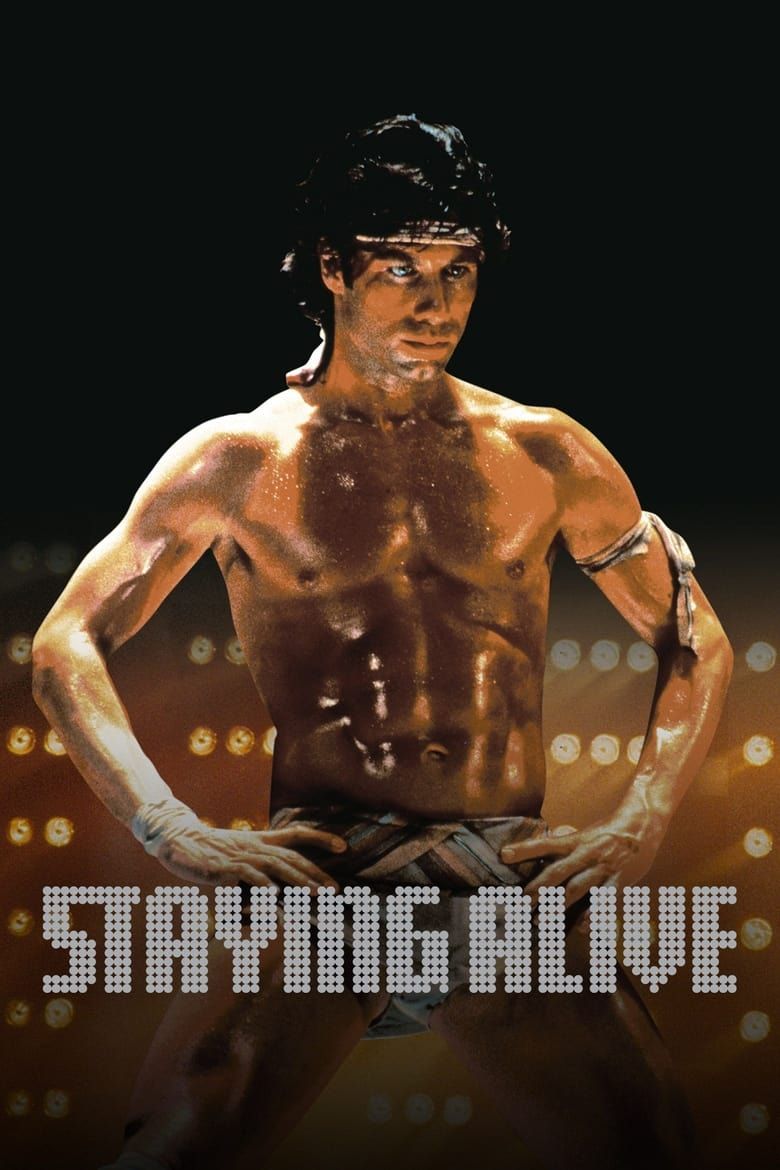
Staying Alive
Release Date July 11, 1983
Runtime 93 minutes
1 'North' (1994)
Directed by Rob Reiner
.jpg) Image via Columbia Pictures
Image via Columbia Pictures
Rob Reiner is a pretty well-respected director behind many iconic films, including Stand By Me, A Few Good Men, When Harry Met Sally..., and The Princess Bride. So it was quite a shock that, in 1994, his name was attached to North, a confusing film about a child prodigy (played by Elijah Wood) who – tired of being neglected – legally separates himself from his parents. His quest to find new ones takes him from one offensive stereotype to another while guided by a guardian angel played by Bruce Willis.
Siskel and Ebert did not hold back with this one, and both chose it as their worst film of 1994. Siskel said of the film, "The ethnic stereotyping is appalling, it's embarrassing, you feel unclean while you're sitting there. It's junk. First-class junk." Ebert was much harsher and, in his written review, included a rant that begins with, "I hated this movie. Hated hated hated hated hated this movie."
North
Release Date
Rating
Runtime

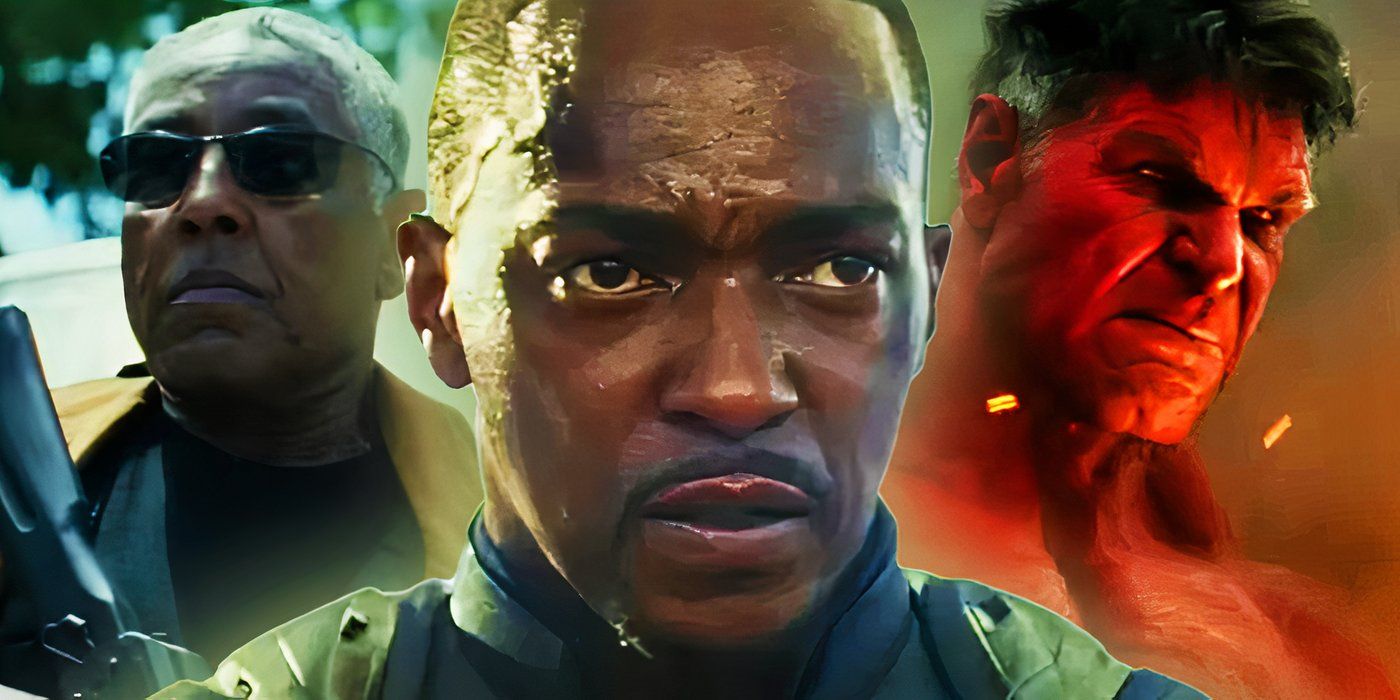
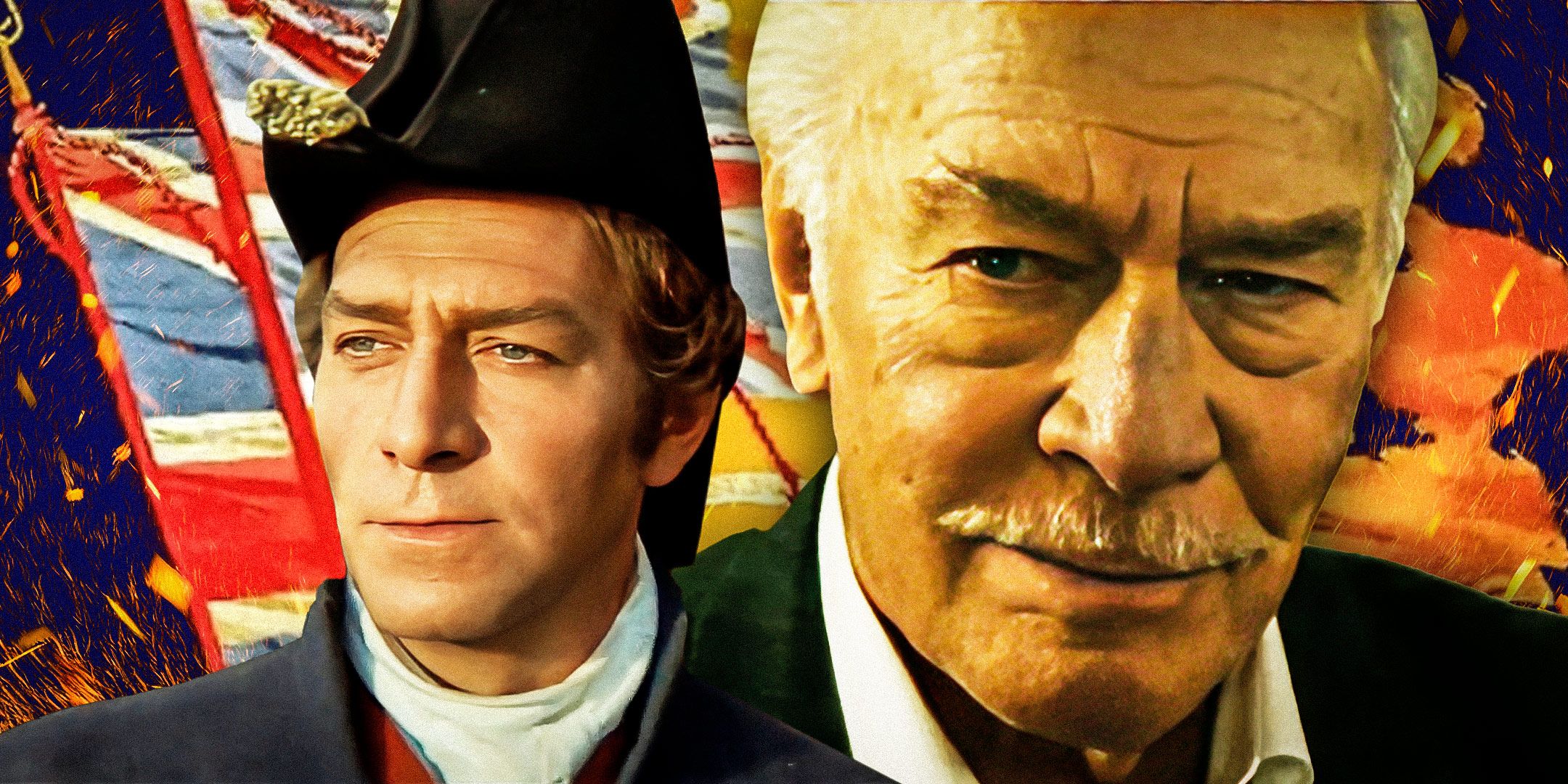
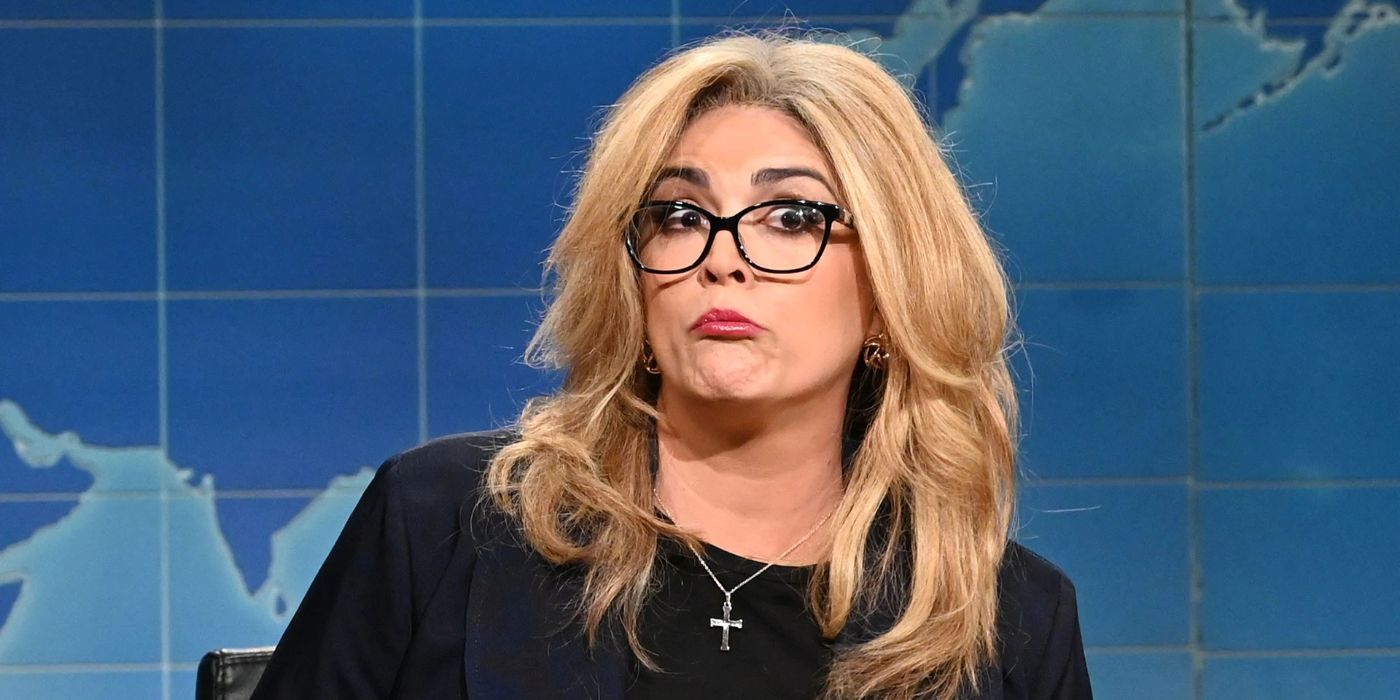





 English (US) ·
English (US) ·